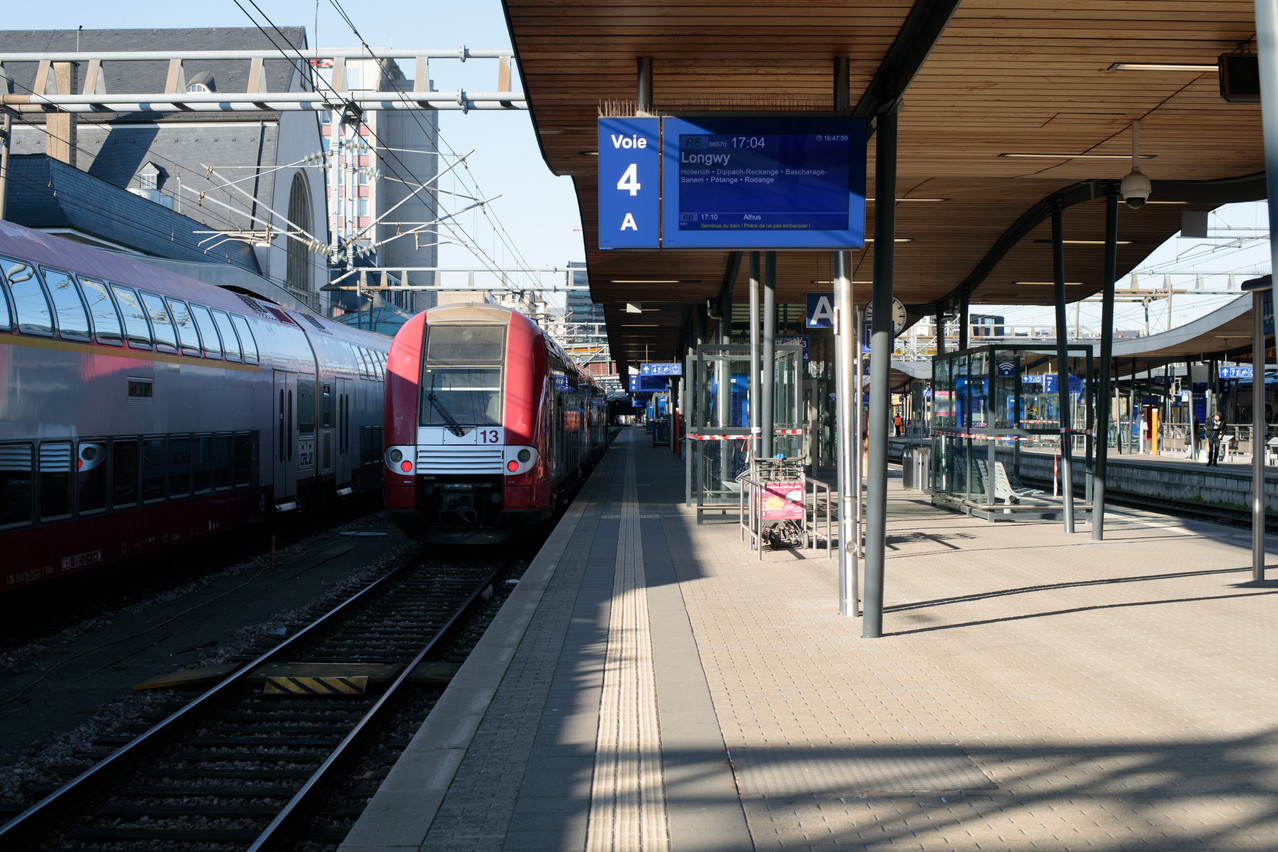Per capita, the grand duchy is the biggest spender on its railway lines in the EU. Last year, it spent €567 per person on its rail infrastructure, ahead of Austria (€249), Sweden (€220), Denmark (€141) and the Netherlands (€132).
And investment will increase over the coming years, from €256m in 2020 to €300m this year and €336m in 2022. But expanding its network beyond its borders is proving a challenge.
“Unfortunately, Luxembourg has little potential for night trains,” said Bausch (déi Gréng) in answer to a published this week. “The CFL has not been contacted by other European railways to take part in a European night train.”
While Luxembourg’s rail operator intends to proactively contact services in other countries to discuss a potential connection, Bausch said that Luxembourg as a final destination for a night train would not hold much promise.
French rail operator SNCF in 2016 stopped the Luxembourg–Nice/Port-Bout sleeper train, with four other routes also cut because of high costs and low passenger numbers.
Short-haul flights
“The government is committed at European level to make the railway more attractive,” Bausch said, for example by offering better connections to major cities and airports.
At the same time, Luxembourg has ruled out cutting destinations like Paris or Frankfurt from its airport’s schedule.
France in April moved to ban short-haul domestic flights where train alternatives exist in a bid to reduce carbon emissions. The Austrian government as part of its bailout package of national carrier Austrian Airlines mandated that the airline cut emissions and flights that can be substituted by a rail journey of under three hours.
As Paris and Frankfurt hubs connect Luxembourg to international destinations, they will remain on the grand duchy’s flight radar, Bausch said.
Year of rail
This year marks the European year of rail, and the grand duchy and Belgium as part of the initiative lobbied the EU for more funds to upgrade the Luxembourg–Brussels line. Both countries in 2016 signed a letter of intent to shave around an hour off the journey, which currently clocks in at around 3 hours and 15 minutes.
The works will cost more than €300m and could take until 2028 to be completed, Belgian transport minister Georges Gilkinet said during a hosted in Luxembourg in June.
Germany’s Deutsche Bahn in 2014 struck an Intercity connection between Luxembourg and Norddeich Mole from its schedule that took passengers directly to Cologne every two hours. Currently, a direct regional train departs once a day for the German city, adding around 30 minutes to the previous route. Apart from this line, passengers must change in Trier and Koblenz.
